(This is the thirty-second entry in the The Modern Library Reading Challenge, an ambitious project to read the entire Modern Library from #100 to #1. Previous entry: The Alexandria Quartet.)
“But brilliant young ladies, a little blinded by their own effulgence, are apt to forget that the modest satellite drowned in their light is still performing its own revolutions and generating heat at its own rate.” — The House of Mirth
 Our universe has become more hopelessly transactional. Vile narcissists with limitless greed and an absence of smarts and empathy have taken over the landscape with their blunt bullhorns. At every socioeconomic level, you will find a plurality of mercenaries who will push any bright and promising head beneath the waterline with ruthless cruelty. Perhaps I’m finally understanding, at an embarrassingly late age, just how commonplace such self-serving treachery is in our world. But what’s the alternative? Cynicism? At times, I have a sense of humor that is darker than the nightscape above the Roque de los Muchachos Observatory, but no thanks. I’ve always been a cautious optimist with a healthy handle on reality, but I still detest this state of affairs. I will still speak out vociferously against it and fight the business-as-usual cowards who uphold this great sham known as the status quo at any personal cost. I stump for the outliers and the misfits. The people who have authentic and vital voices. I don’t care who they are or where they come from. I will stick up for the gas station attendants and the baristas. I will listen to their full stories rather than judge them from a fleeting glance or a superficial and supercilious position. I despise bullies and opportunists. I believe in affording everyone basic dignity. I believe that everyone has it within them to grow and to learn and that inquisitive efforts should never be mocked, especially when genuine curiosity is now in such short supply. Reprobates who use their positions of power to denigrate the marginalized and the underprivileged are scumbags who need to be fought and, if necessary, destroyed.
Our universe has become more hopelessly transactional. Vile narcissists with limitless greed and an absence of smarts and empathy have taken over the landscape with their blunt bullhorns. At every socioeconomic level, you will find a plurality of mercenaries who will push any bright and promising head beneath the waterline with ruthless cruelty. Perhaps I’m finally understanding, at an embarrassingly late age, just how commonplace such self-serving treachery is in our world. But what’s the alternative? Cynicism? At times, I have a sense of humor that is darker than the nightscape above the Roque de los Muchachos Observatory, but no thanks. I’ve always been a cautious optimist with a healthy handle on reality, but I still detest this state of affairs. I will still speak out vociferously against it and fight the business-as-usual cowards who uphold this great sham known as the status quo at any personal cost. I stump for the outliers and the misfits. The people who have authentic and vital voices. I don’t care who they are or where they come from. I will stick up for the gas station attendants and the baristas. I will listen to their full stories rather than judge them from a fleeting glance or a superficial and supercilious position. I despise bullies and opportunists. I believe in affording everyone basic dignity. I believe that everyone has it within them to grow and to learn and that inquisitive efforts should never be mocked, especially when genuine curiosity is now in such short supply. Reprobates who use their positions of power to denigrate the marginalized and the underprivileged are scumbags who need to be fought and, if necessary, destroyed.
So you can probably imagine how much The House of Mirth means to me. It is one of the best books on the Modern Library list and it should have been ranked much higher. This is my favorite Edith Wharton novel, although The Custom of the Country is a close second. Just this year, I have purchased four copies of this book for friends, urging them to read it with every ounce of exuberance I can summon. And you need to read it too, if you haven’t already. This book is vivacious and brilliant and funny and utterly heartbreaking. I rooted for Lily Bart. I wept for her. Even when I knew her fate. She did not deserve her downfall. She is one of the great tragic heroines in all of literature, right up there with Emma Bovary, Dido, Anna Karenina, Ophelia, Bertha Mason, and Francesca da Rimini. Much like Muriel Spark’s masterpiece The Prime of Miss Jean Brodie, you can read this novel multiple times and always discover a new angle. That the rules of the game haven’t changed all that much in the one hundred and seventeen years since this classic was published is a great testament to Wharton’s sagacious and prescient genius. And if you finish this novel and you’re not in the “ride or die” wagon for Edith Wharton, then I’m sorry, but you simply have no literary taste.
Should Lily Bart be blamed for her fate? Conservatives (and privileged neoliberals) will likely condemn her for her apparent financial irresponsibility, but the peer pressure from her rich friends to gamble away vast sums she doesn’t have at bridge will be deeply felt by anyone who can recall the youthful horrors of trying to fit in. (In fact, I’d say the only contemporary writer today who could be an Edith Wharton in the making is the ferociously talented Adelle Waldman, whose excellent novel, The Love Affairs of Nathaniel P, mined similar territory. MacArthur people, are you listening? Award her a fellowship already! We really need to get her writing more books so we can find out!) And Wharton is exquisite in communicating to us precisely why Lily is so susceptible to social pressure from these higher-ups and hangers-on:
Her naturally good temper had been disciplined by years of enforced compliance, since she had almost always had to attain her ends by the circuitous path of other people’s; and, being naturally inclined to face unpleasant facts as soon as they presented themselves, she was not sorry to hear an impartial statement of what her folly was likely to cost, the more so as her own thoughts were still insisting on the other side of the case.
More than a century later, with the Dobbs Supreme Court decision and the Democrats’ failure to revive the Equal Rights Amendment serving as disheartening signs that a Handmaid’s Tale future could be in store for us, women are still pressured to be “good” and compliant. And while women have a lot more freedom today than they did in 1905, patriarchal conformity upheld through peer pressure has ensured that a lot of women silently endure such internal and external conflict.
Lily is lucky to have true friends like Carry Fisher (initially described as a “professional sponge” and “a mental habit corresponding to the physical titillations of the cigarette or the cock-tail,” but she turns out to be a hell of a lot more than this) and Gerty Farish (an indefatigable charity worker who doesn’t easily buy into any of the false charges eventually leveled towards Lily) when she eventually slips, but the affluent allure of the Trenors and their circle amaurotizes (and thus amortizes and possibly amouritizes?) her to the deadly puppetry of the Trenors and, most diabolically, the repellent and calculating bedhopper Bertha Dorset, whose doctors, we are informed, forbid “her from exposing herself to the crude air of the morning.” (Such a beautifully compact way of foreshadowing Bertha’s vampiric nature!)
Wharton was a master of gentle ambiguity nestling just beneath the surface of narrative clarity. The first time you read Mirth, you don’t buy Simon Rosedale’s mercy near the end. With his “small stock-taking eyes,” he’s little more than a bean-counting arriviste and his despicable tabulating also applies to people. (When Rosedale says, “I can’t help making love to you” to Lily near the end of the book, he’s basically every vulpine loser hitting a singles bar at 3 AM, scoping out the remaining women who haven’t gone home with anyone.) But the second time you read Mirth, you’re not so sure. Rosedale says, “The wonder to me is that you’ve waited so long to get square with that woman.” Can Rosedale be forgiven for simply being socially clueless? Is he a product of the system? And does his gesture actually mean anything? I’ll leave it to the capable writers of Jezebel and The Cut to argue the culpability of mediocre men.
Mirth‘s vast cast of characters tend to glom onto the split-second flourish of a socialite’s physical gesture to fuel gossip and umbrage. Consider the way that Mrs. Peniston is described as “the kind of woman who wore jet at breakfast.” But Wharton’s meticulous study of mercenary manipulators is far from vapid. She hoped to show that “a society of irresponsible pleasure-seekers…can acquire dramatic significance only through what its frivolity destroys.”
Perhaps one of the reasons why The House of Mirth is so authentically devastating is because Wharton was undergoing a great deal of stress as she wrote it. Her husband Teddy had just experienced a nervous breakdown and his erratic behavior was worse than ever. Her fiction was in demand and was being published everywhere, but her social calendar was spiraling out of control. Scribner’s editor Edward Burligname needed a serialized novel at the last minute after another writer had dropped out. And amazingly, Wharton produced this masterpiece in ten monthly installments, with Mirth appearing in publication before Wharton had even finished it (although the tale had gestated in her notebooks for at least five years under the working title “A Moment’s Ornament,” taken from a Wordsworth poem).
Scribner’s knew that it had a big hit on its hands and promptly placed sensationalist ads on the cover — packaging that Wharton objected to — when The House of Mirth hit bookstores in October 1905. The publicity forces also talked up Wharton’s social movements and, while Wharton was happy to have her novel read, she feared that her work would be seen as nothing more than a juicy gossipfest.
She need not have worried. The book was fiercely debated in various letters sections, with many wondering if Wharton was accurately portraying the leisure class or mercilessly skewering them for her own gain. And the robust discussion lent greater credibility to Mirth‘s considerable literary merits.
In her excellent Wharton biography, Hermione Lee has suggested that The House of Mirth can be defined by the presence of books within the book: largely decorative and untouched by few outside Lawrence Selden, the young lawyer who toys with Lily Bart’s need to land a husband. But Mirth can also be epitomized by the actors recruited to entertain the wealthy at Bellomont:
Indeed, so skillfully had the personality of the actors been subdued to the scenes they figured in that even the least imaginative of the audience must have felt a thrill of contrast when the curtain suddenly parted on a picture which was simply and undisguisedly the portrait of Miss Bart.
If all the world’s a stage, why then are we still susceptible to objectifying people? It’s actually quite astonishing how effortless it is to transpose the cruelty of class trappings to the casual character assassination that now passes for “truth” on social media. (As Wai-Chee Dimock has observed, Lily Bart spends most of the novel marketing herself, attempting to appeal to the highest bidder. This is not unlike the behavior of a comely Instagram influencer or, if we want to take Gus Trenor’s sinister insinuation on its face, an OnlyFans model willing to say or do almost anything to extract money.)
Many disgusting creatures in high places fancy themselves Lily Barts — even as they stab with the fierce sociopathic duplicity of Bertha Dorset. (On literary Twitter, there can be no better contemporary parallel to Bertha than the monstrous bully and largely mediocre writer Jennifer Weiner, whose relentless attacks on other writers are quietly circulated among those in the know and whose odious demands for “literary respect” were smartly captured by The New Yorker‘s Rebecca Mead in 2014.) They jockey for precarious perches to cleave to their careers while piling onto the week’s “main character” with gossip and lies. An otherwise innocent figure’s glaring mistake is used to perpetuate further prevarications and even those in the know, like Rosedale, will not lift a finger to salvage their own shaky ascent into a perceived predominance. Indeed, as someone who has been the target of multiple smear campaigns, I can report that a literary man of modest renown — a figure who once maintained a blog inspired by Wharton — treated me, when I was homeless, with the same false solicitude that Rosedale tenders to Lily Bart in the final crushing pages of The House of Mirth. He strung me along with phony plaudits about my writing talent and he offered me the sham promise of a prominent magazine gig that I would have killed to land at the time. He was not unlike Rosedale. Indeed, like all of Wharton’s socialites, he inevitably deemed me invisible — likely with a cognizant irony. It is doubtful that I will ever forgive this motherfucker for tinkering with my dignity and my then shaky self-respect to delude himself into thinking that he was a “kind and decent man.”
So Lily Bart’s awful and needless plunge into the abyss resonates deeply and painfully with me. Today I am tremendously grateful to be gainfully employed, doing what I love, tackling new creative mediums, and to be very much alive. That there are so many “influencers” who hold this book up without comprehending or practicing its emotionally instructive lessons about the need for empathy says everything about the vicious myopia of the contemporary literary world, which now thrives on stubbing out noisemakers and ruining outliers. They cancel anyone with an even remotely disagreeable opinion and they murder anyone who stands in their way of their self-serving and meretriciously earned “success.” Cutthroat capitalism and opprobrious opportunism at its finest! Edith Wharton had her finger on the pulse of 1905 life. And sadly 2022 life.
Next Up: Sinclair Lewis’s Main Street!
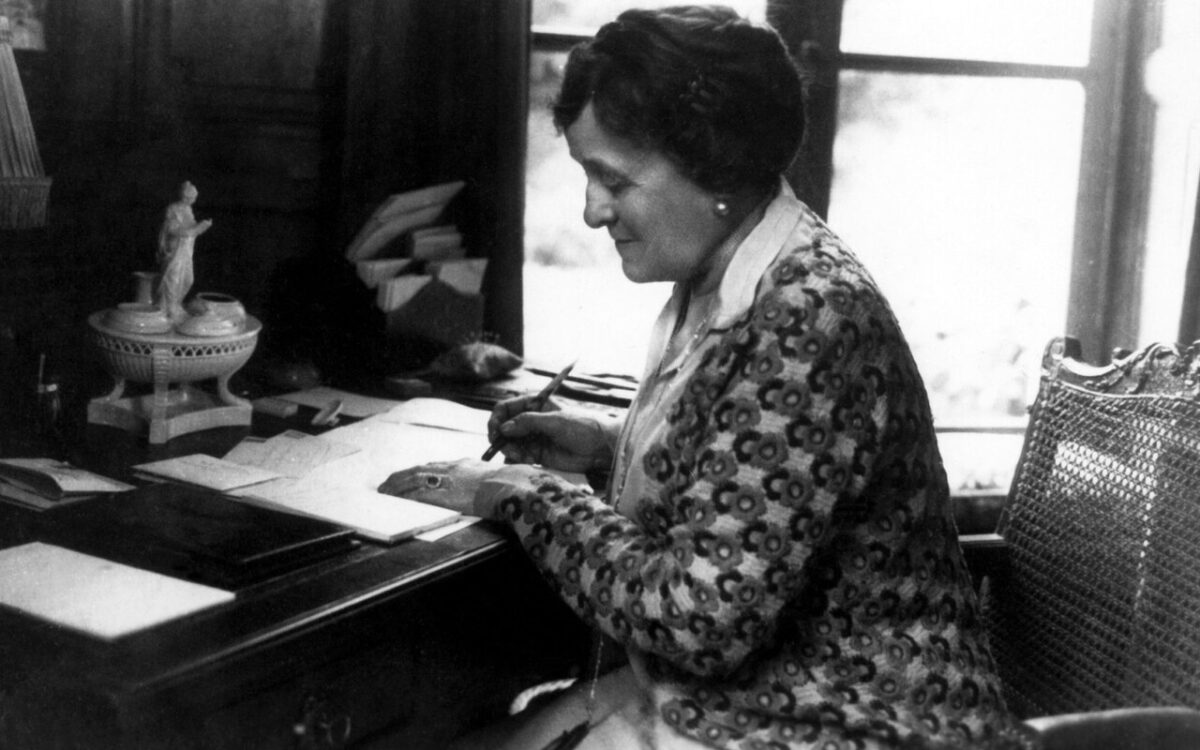
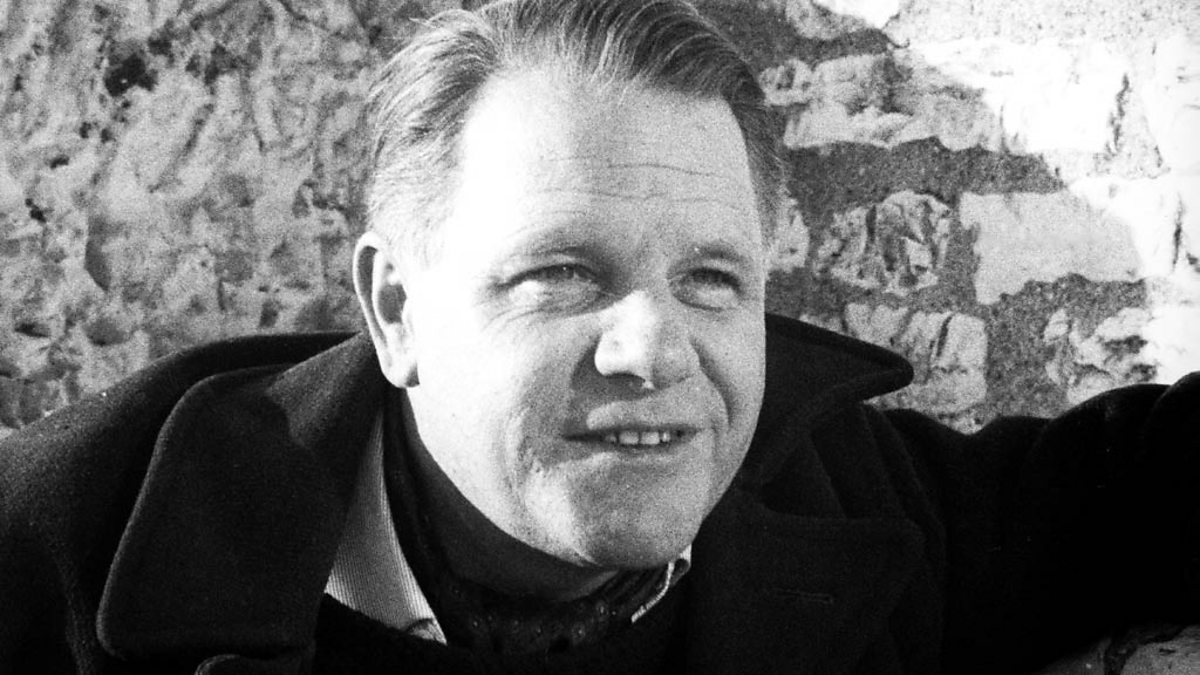
 Neither my companion nor I had read a single word of this almighty author at the time. As I was to learn only in the last few months, I missed the teenage ritual of diving into Durrell by about five to ten years. Justine, Balthazar, Mountolive, and Clea. These were the four volumes read by an impressionable generation just before me. My older literary friends describe soaking up Durrell’s words with wide and voracious eyes around seventeen — just before they joined the less exclusive liturgical practice of tossing their tasseled caps into the heavens preceding the uncertain foray into higher education and the newfound duty of negotiating injurious capitalism (clearly not redeemable by taxation these days, contrary to sentiments expressed by the novelist Pursewarden in Mountolive).
Neither my companion nor I had read a single word of this almighty author at the time. As I was to learn only in the last few months, I missed the teenage ritual of diving into Durrell by about five to ten years. Justine, Balthazar, Mountolive, and Clea. These were the four volumes read by an impressionable generation just before me. My older literary friends describe soaking up Durrell’s words with wide and voracious eyes around seventeen — just before they joined the less exclusive liturgical practice of tossing their tasseled caps into the heavens preceding the uncertain foray into higher education and the newfound duty of negotiating injurious capitalism (clearly not redeemable by taxation these days, contrary to sentiments expressed by the novelist Pursewarden in Mountolive).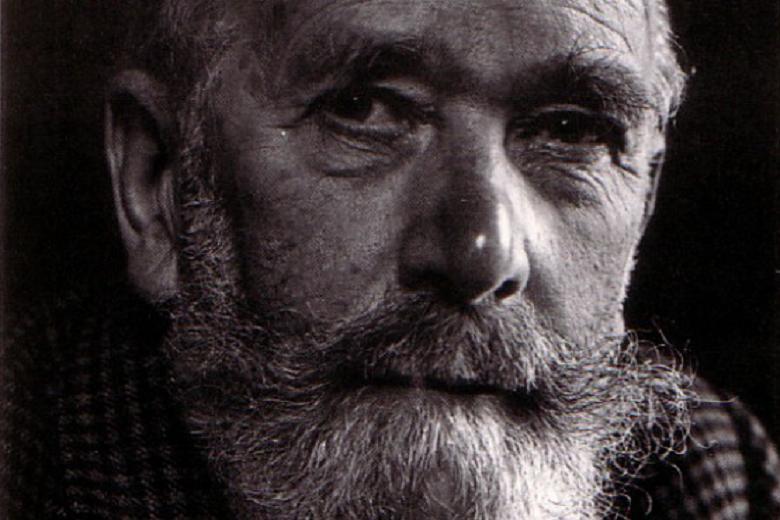
 Thankfully, I had no such qualms with High Wind; in large part because, unlike Golding, Hughes isn’t so obsessed with plugging in values — the novel as a Sudoku puzzle? — to uphold his Great AllegoryTM (and thus literary posterity). The older you get as a reader, the more you welcome the fresh shock of the visceral: those exotic and sometimes unsettling voices you may not encounter in the real world.
Thankfully, I had no such qualms with High Wind; in large part because, unlike Golding, Hughes isn’t so obsessed with plugging in values — the novel as a Sudoku puzzle? — to uphold his Great AllegoryTM (and thus literary posterity). The older you get as a reader, the more you welcome the fresh shock of the visceral: those exotic and sometimes unsettling voices you may not encounter in the real world. 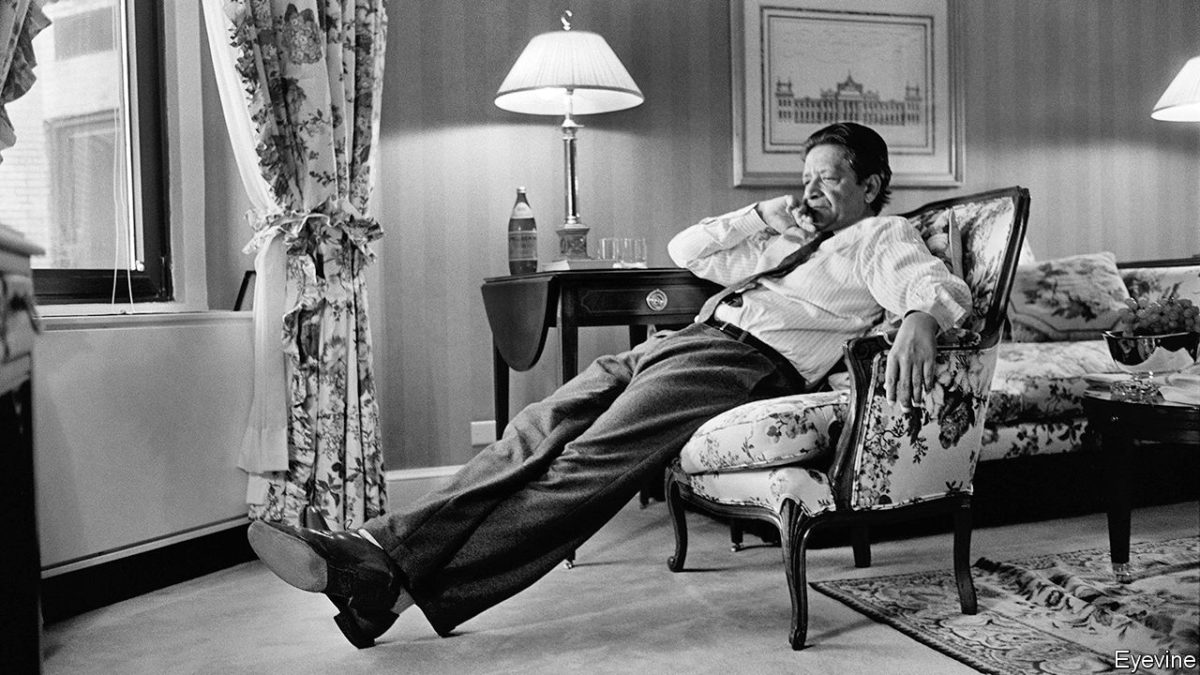
 I’ve delivered variations of these sentiments over the phone to amused literary friends, who, when they weren’t laughing their asses off over my five minute anti-Naipaul soliloquies, were good enough to urge me to forgo the semi-scholarly format of this ridiculous years-long project and simply speak from the heart. I shall do my best to be as thoughtful as I can about my Naipaul bellicosity, which is, alas, the only way to move forward with this project. I can tell you this much. Not even
I’ve delivered variations of these sentiments over the phone to amused literary friends, who, when they weren’t laughing their asses off over my five minute anti-Naipaul soliloquies, were good enough to urge me to forgo the semi-scholarly format of this ridiculous years-long project and simply speak from the heart. I shall do my best to be as thoughtful as I can about my Naipaul bellicosity, which is, alas, the only way to move forward with this project. I can tell you this much. Not even 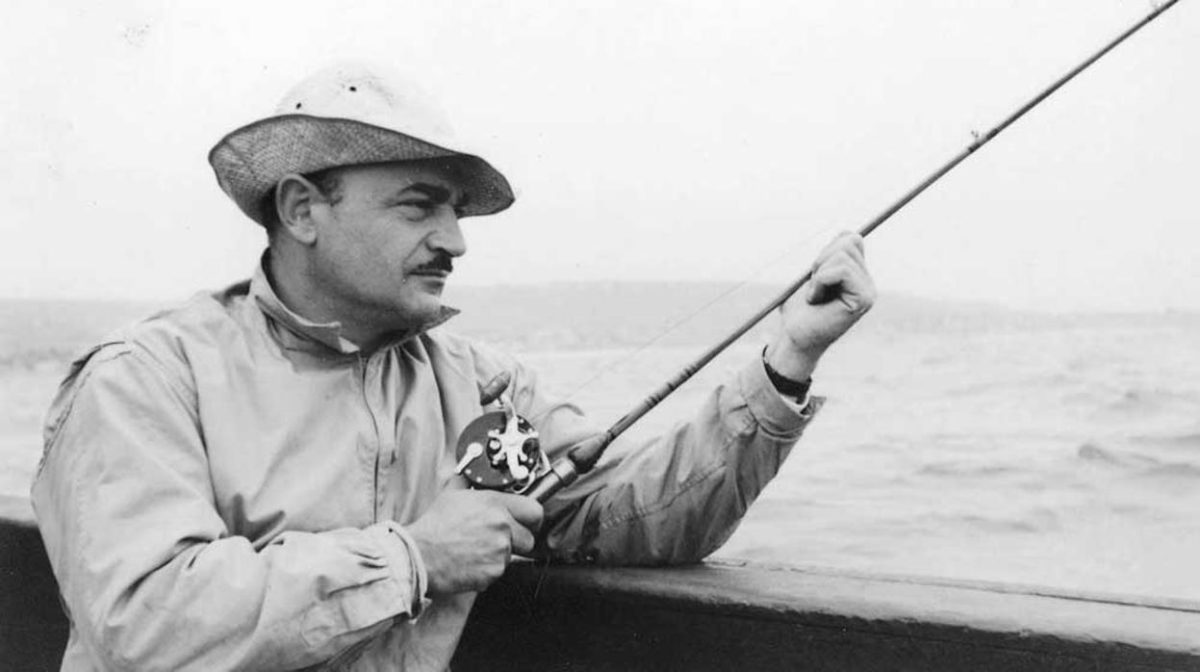
 Both men had turned to screenwriting to stay afloat during the Great Depression. Both men had much to say about the traps and illusions of American life. But it would take longer for West to be reassessed and appreciated — in large part because he was arguably fiercer than Fitz with his fiction. He had his finger firmly on the troubling pulse of feral American life and he wasn’t afraid to use it with the other nine at his typewriter. In a short essay called “Some Notes on Violence,” West pointed to the idiomatic violence that had permeated every corner of printed media: “We did not start with the ideas of printing tales of violence. We now believe that we would be doing violence by suppressing them.” His razor-sharp satire featured philandering dwarves, skewered the hideous contradictions of gaudy Hollywood spectacle, and, in just one of many enthralling flashes of his grimly hilarious invention, depicted a dead horse serving as au courant decor at the bottom of a swimming pool. (In an age in which urine-drinking is prescribed as a COVID remedy and reality star Stephanie Matto makes $200,000 selling her farts in a jar, one wonders why the present fictional landscape doesn’t reflect our scabrous realities and why 85% of today’s gatekeepers are so hostile to such a necessary dialogue between fiction and life. But then this is the same universe in which Hanya Yanagihara’s excellent, quite readable, and wildly ambitious new novel, To Paradise,
Both men had turned to screenwriting to stay afloat during the Great Depression. Both men had much to say about the traps and illusions of American life. But it would take longer for West to be reassessed and appreciated — in large part because he was arguably fiercer than Fitz with his fiction. He had his finger firmly on the troubling pulse of feral American life and he wasn’t afraid to use it with the other nine at his typewriter. In a short essay called “Some Notes on Violence,” West pointed to the idiomatic violence that had permeated every corner of printed media: “We did not start with the ideas of printing tales of violence. We now believe that we would be doing violence by suppressing them.” His razor-sharp satire featured philandering dwarves, skewered the hideous contradictions of gaudy Hollywood spectacle, and, in just one of many enthralling flashes of his grimly hilarious invention, depicted a dead horse serving as au courant decor at the bottom of a swimming pool. (In an age in which urine-drinking is prescribed as a COVID remedy and reality star Stephanie Matto makes $200,000 selling her farts in a jar, one wonders why the present fictional landscape doesn’t reflect our scabrous realities and why 85% of today’s gatekeepers are so hostile to such a necessary dialogue between fiction and life. But then this is the same universe in which Hanya Yanagihara’s excellent, quite readable, and wildly ambitious new novel, To Paradise,